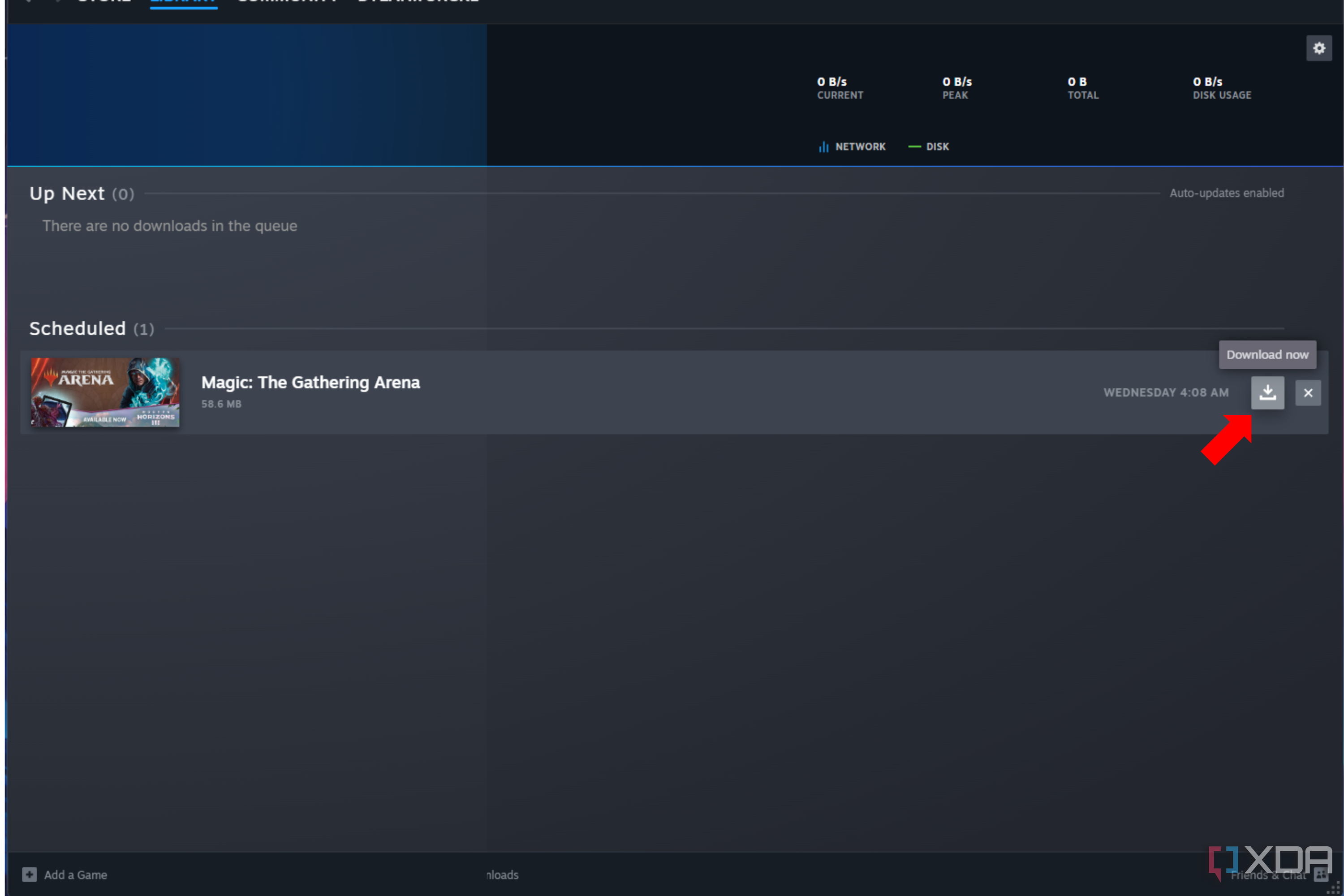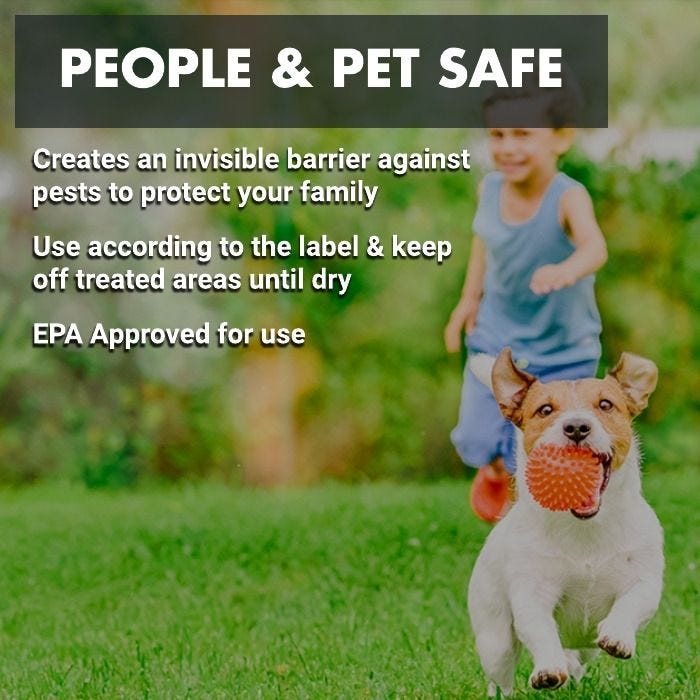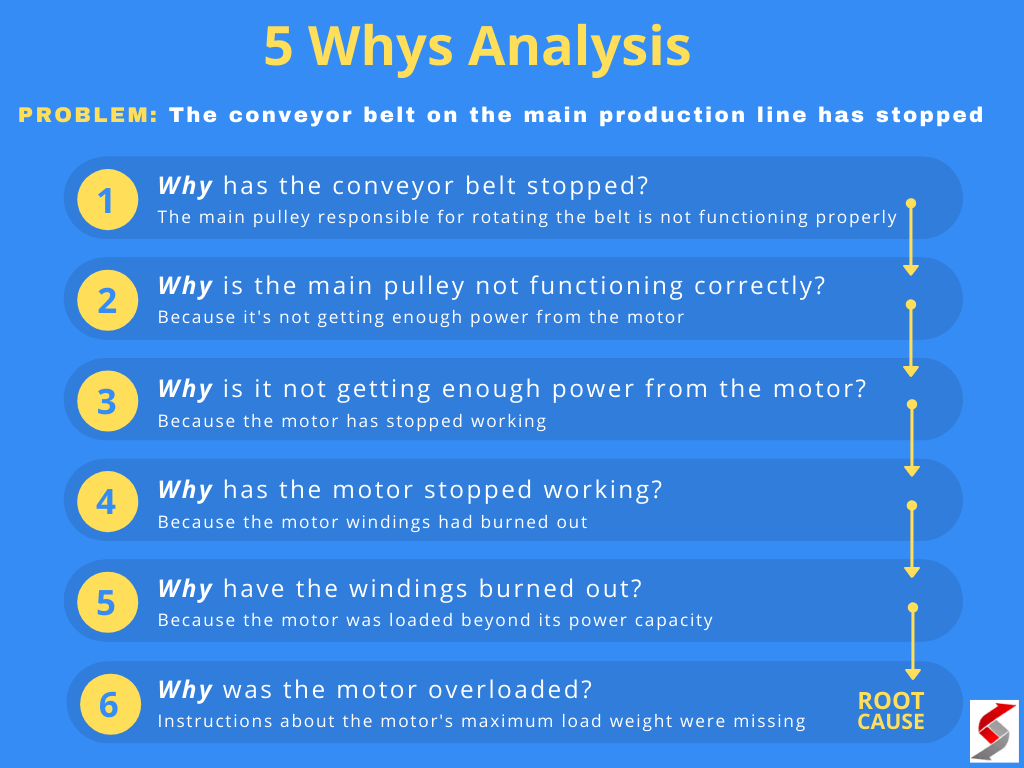Your Step-by-Step Guide to Launching a Successful Rap Career
Introduction: Turning Passion Into a Profession
Building a rap career is a journey that involves creative development, relentless practice, strategic self-promotion, and a willingness to embrace new opportunities. Whether you’re just starting out or refining your skills, understanding the road ahead-and the resources available-can make all the difference. This comprehensive guide breaks down each stage, from discovering your unique sound to sharing your art with the world.
1. Immerse Yourself in the Rap World
The first step toward a rap career is deep engagement with the genre. Listen critically to a wide variety of hip-hop and related music to understand diverse styles, rhythms, and lyrical themes. Analyze the storytelling, flow, and beats of artists across eras-from classic legends like Tupac and Lauryn Hill to modern innovators like Kendrick Lamar and Travis Scott. This process helps you identify what resonates with you and shapes your musical preferences, which is essential for developing an authentic voice [3] .
Consider exploring other genres such as jazz, R&B, and rock, as these influences can enrich your sound and set you apart in a crowded field [2] . Remember, the goal is not to imitate but to draw inspiration and craft your own unique style.
2. Build Your Writing and Lyricism Skills
Writing is the backbone of rap. Regularly penning lyrics-whether as full songs, freestyles, or verses-develops your technical skills and individual voice. Focus on mastering poetic devices like rhyme, alliteration, and meter, as these give your raps texture and impact. Many successful rappers write daily or several times a week to refine their craft [2] .
Share your work with trusted peers or online communities for constructive feedback. This iterative process of writing and revising not only builds your portfolio but also helps you connect with other aspiring artists for potential collaborations [4] .
3. Find Beats and Experiment with Production
Beats are the canvas for your lyrics. Many beginners start by rapping over free instrumentals found on platforms like YouTube and SoundCloud. As you progress, consider investing in unique beats from reputable online marketplaces or connecting with local producers. Leasing beats is a common, cost-effective route when starting out, but you may also collaborate with beatmakers to create distinctive tracks [1] .
Learning basic music production skills can be a valuable asset. Software like Audacity (free) and GarageBand (Mac) are accessible entry points for recording and editing your music. As you grow, you can explore more advanced digital audio workstations (DAWs) to enhance your sound quality.
4. Set Up Your Recording Environment
Recording your first track doesn’t require a full-fledged studio. Many artists begin with a basic home setup: a USB condenser microphone, headphones, and recording software. Choose a quiet space-some even use closets for better acoustics-to minimize background noise [1] .
Your first recordings are about experimentation and learning, not perfection. Focus on clarity and energy in your delivery. Over time, you may choose to invest in higher-quality microphones, audio interfaces, or even rent time in a local professional studio for polished results.
5. Develop Your Unique Persona and Brand
Every successful rapper has a distinct identity-your persona sets you apart. Consider what makes you unique, whether it’s your lyrical themes, vocal tone, fashion sense, or stage name. Take inspiration from established artists but stay authentic to your own experience and values [1] .

Source: meninthehead.com
Building a brand is an ongoing process. Crafting a memorable image and consistent message across your music, visuals, and social media presence helps fans connect with your story. Document your journey, share behind-the-scenes content, and engage with your audience to foster loyalty.
6. Share Your Music and Grow Your Audience
Once you have recorded tracks, it’s time to distribute your music. Major platforms like Spotify, Apple Music, SoundCloud, and YouTube are essential for reaching listeners. Each has its own submission process-many independent artists use distributors like DistroKid or TuneCore (verified as accessible and reputable services) to place songs on streaming platforms. These services typically charge a modest annual fee for unlimited uploads, though pricing and features may vary by provider; always review official sites for current information .
Promote your releases on social media channels including TikTok, Instagram, and Twitter. Create short video clips, lyric snippets, or live freestyles to engage new fans and encourage sharing. Building a mailing list or a Discord community can also help maintain direct communication with your core audience.
7. Perform Live and Build Connections
Live performance is a powerful way to grow your reputation and confidence. Seek out local open mics, talent shows, or community events where you can showcase your skills. These venues provide invaluable stage experience and networking opportunities with other artists, producers, and potential fans [4] .
Online performances via live streaming on platforms like Instagram Live, Twitch, or YouTube Live are increasingly popular. These virtual shows can reach a global audience and help you refine your stage presence in a supportive environment.
8. Network and Collaborate
Collaboration is central to hip-hop culture. Working with other artists exposes you to new ideas, expands your audience, and often leads to more creative and dynamic tracks. Join online musician forums, attend local music meetups, and connect on social platforms to find like-minded collaborators.
Building relationships with producers, DJs, and venue owners can open doors to gigs, studio time, and industry knowledge. Many artists find mentors or peer groups who can offer guidance, encouragement, and honest feedback throughout their careers.
9. Understand the Business Side
Turning your passion into a livelihood means learning about the music business. Key areas include copyright basics, music publishing, and digital distribution. Organizations like the American Society of Composers, Authors, and Publishers (ASCAP) and Broadcast Music, Inc. (BMI) help artists collect royalties and protect their intellectual property. Research these organizations and consider registering your original works for copyright protection through the U.S. Copyright Office (official government body; search for “U.S. Copyright Office” for up-to-date instructions).
Revenue streams for independent rappers typically include music sales, streaming royalties, live performances, merchandise, and sync licensing. Be sure to track your earnings and expenses, and consult with a qualified accountant or music business advisor to manage your finances responsibly.
10. Overcoming Challenges and Staying Motivated
Breaking into the music industry is competitive and often unpredictable. Common challenges include creative blocks, financial limitations, and slow audience growth. Persistence, adaptability, and a willingness to learn from setbacks are essential traits. Set realistic goals, celebrate small victories, and surround yourself with supportive mentors and peers.
If you face roadblocks such as lack of access to studios or equipment, consider local community centers, libraries, or nonprofit organizations that offer creative resources. Many artists also use crowdfunding platforms or grants to finance projects-search for “music grants for independent artists” and carefully review eligibility and application processes.

Source: pixabay.com
Summary and Next Steps
Starting a rap career requires dedication, continuous learning, and strategic action. By immersing yourself in the culture, refining your songwriting, recording and sharing your music, and actively networking, you can build a foundation for long-term success. Always stay informed about new technologies, industry trends, and opportunities for growth.
For more in-depth advice or to connect with other aspiring artists, consider joining online forums such as Reddit’s r/makinghiphop or reading interviews with established rappers on reputable music industry websites.
References
- [1] CareerVillage.org (2024). How do I become a rapper at 20?
- [2] Indeed.com (2025). How to become a rapper (with responsibilities and skills).
- [3] Careers in Music (2024). How to start rapping.
- [4] eMastered (2023). How to become a rapper.
- [5] YouTube (2022). How to become a rapper for beginners in 3 steps.
- DistroKid (2025). Music distribution for independent artists.
MORE FROM gowithdeal.com













